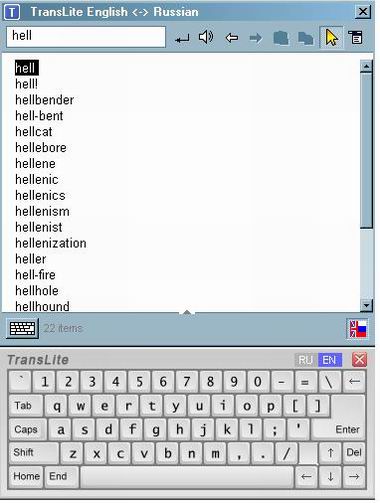
I don’t think excellent English-Japanese-English translators are common, so you won’t have as many competitors bidding on jobs that interest you as other freelancers see. I have dealt with translators throughout my career. You risk having someone else providing a winning bid if you don’t make a proposal immediately, but I don’t think most clients select a freelancer until they have a good variety of proposals in hand. If the job posting is very new and there are few existing freelancer bids, you could click on the heart to save the job and revisit a few hours later to see if more proposals have been made. When you see a project you think fits your skills, notice what the range of bids from other freelancers has been and how many have made proposals so far. Upwork apparently doesn’t think this information is useful and has never provided it. You could easily see what the winning rate was, which could give you some idea over time whether your proposals were high or low or about right compared to other freelancers who submitted winning bids.

One of the great elements of the Elance system was providing information about the winning proposal on projects you made a proposal on. A particular problem is knowing what your proposed work rate should be when submitting proposals. If you have done translation work in the "real" world, you should have some idea what market rates are for the kind of work you do.īut it is hard to get started on Upwork as a freelancer doing work you haven’t already done in the “real” world.


 0 kommentar(er)
0 kommentar(er)
